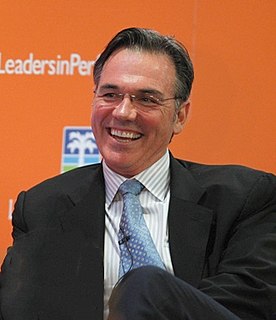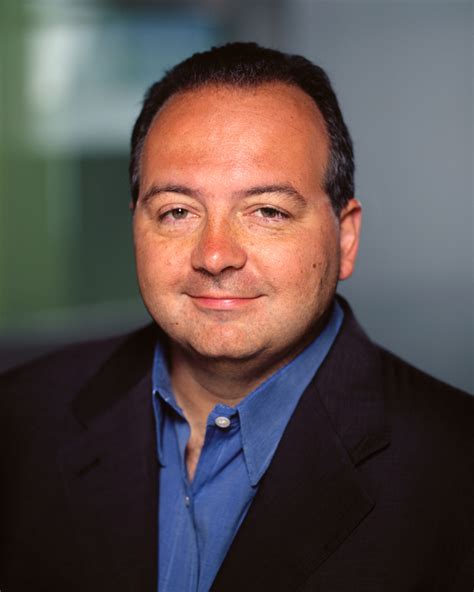A Quote by Vivek Murthy
When you're in a pocket with low vaccination rates, that's when you find yourself at greater risk of getting measles.
Related Quotes
You cannot immunize sick, malnourished children and expect them to get away with it. You'll kill far more children than would have died from natural infection...It needs to be appreciated that children in developing countries are at a much greater risk of complications from vaccination and from mercury toxicity...because poor nutrition, parasitic and bacterial infections and low birth weight.
Unlike most of life, what you do really matters. Your actions have real consequences. You have to pay attention and focus, and that's very satisfying. It forces you to pay great attention and you lose yourself in the task at hand. Without the risk, that wouldn't happen, so the risk is an essential part of climbing, and that's hard for some people to grasp. You can't justify the risk when things go wrong and people die. The greater the risk, the greater the reward in most aspects of life, and in climbing that's certainly true, too. It's very physical, you use your mind and your body.
I would not go so far as to say that vaccination has never saved a person from smallpox. It is a matter of record that thousands of the victims of this superstitious rite have been saved from smallpox by the immunizing potency of death. But it is a fact that the official statistics of England and Wales show unmistakably that, while vaccination has killed ten times more people than smallpox, there has been a decrease in smallpox concomitant with the decrease in vaccination. . . It might be appropriately asked, in the words of the Vaccination Inquirer




































